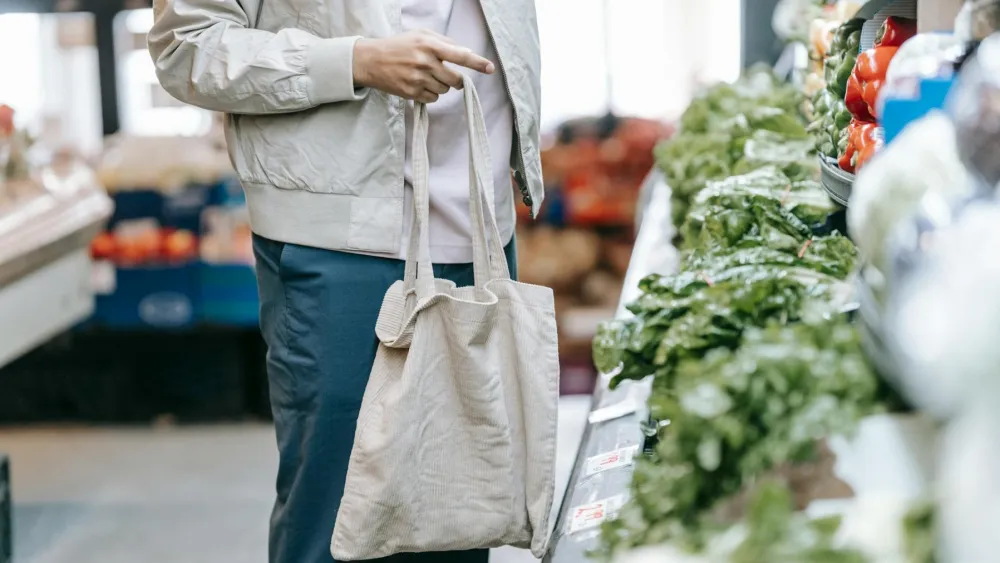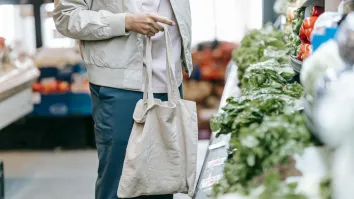China to champion food safety liability insurance to improve supervision
China’s Food and Drug Administration will promote a food safety liability insurance programme in high-risk industries, such as those involving dairy and meat products, to help improve supervision, according to a state media report.
The China Daily report said Chinese lawmakers have introduced a draft amendment to the Food Safety Law, which has been reviewed by the national legislature.
As per the draft amendment, a regulation on the liability insurance programme will be jointly formulated by the China Food and Drug Administration (CFDA) and the China Insurance Regulatory Commission.
At a seminar on food safety law last month, Xu Jinghe, director of legal affairs for the CFDA, said that the compulsory liability insurance could increase supervision from insurance companies over food companies.
Xu said the move is in line with international trends on food regulation, adding that authorities are considering suggestions from some legislators on enacting the insurance plan based on different food industry categories. However, he said, there are disagreements between the food and drug regulator and insurance companies on which categories the insurance should cover first – the high-risk food categories or the low-risk ones.
Chen Xu, deputy director of legal affairs for the CFDA, said the draft amendment to the food safety law did not make the food safety liability insurance programme compulsory because legislators took costs into consideration.
“A compulsory programme would increase the cost to food companies, and ultimately the cost would be transferred to consumers,” he said.
The draft amendment on the Food Safety Law was first introduced in June 2009. Among other things, it called for tougher regulations for baby formula milk producers and required online trading platforms to register information about food sellers, including their names and addresses.



















 Advertise
Advertise






